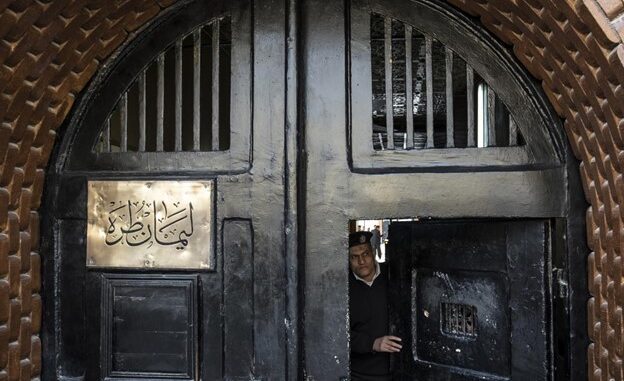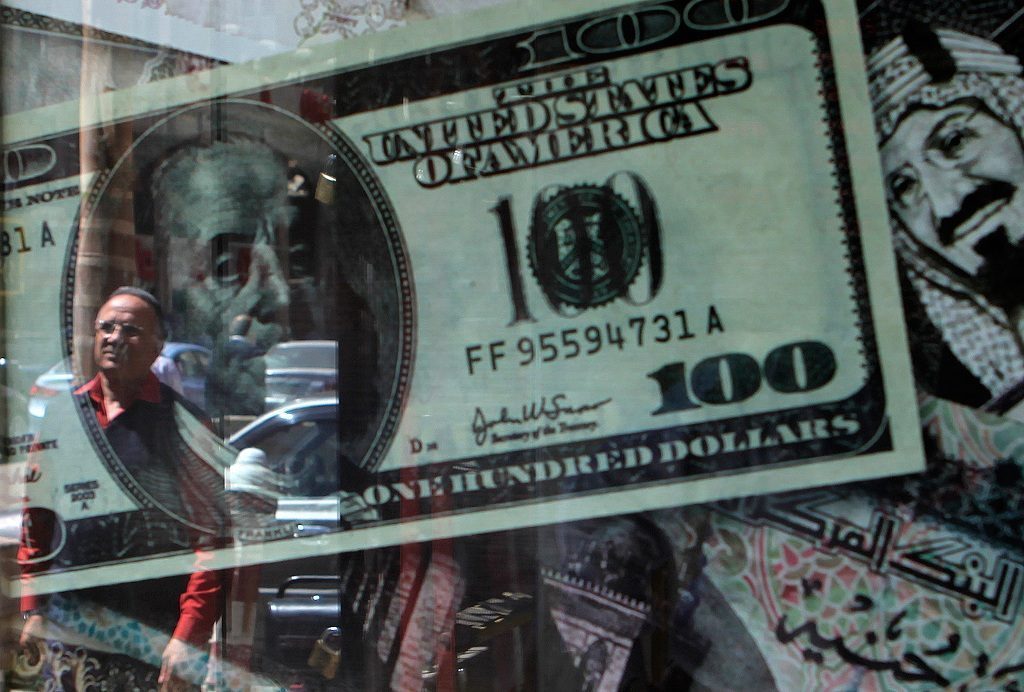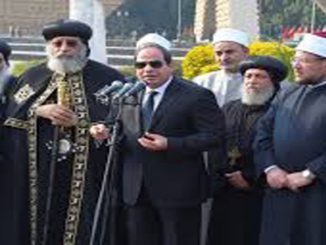
Well-informed Egyptian sources have revealed that unified directives have been circulated by the authorities in Cairo to institutions, councils and professional unions in order to respond to a statement issued by the United Nations, criticising Egypt’s human rights record.
Sources said that the authorities have distributed responses for state institutions to issue. However, the statements in question carried striking similarities and included matching passages in some cases, reported the London-based newspaper The New Arab .
Within just 24 hours, a number of official Egyptian institutions and professional unions issued statements of denunciation in a semi-unified form criticising the report released by 31 countries, which participated in a session of the United Nations Human Rights Council (UNHRC) on the human rights situation in Egypt.
The Egyptian foreign ministry had responded to the UNHRC’s statement by saying that “the talks about violations that took place during the mandate of President Abdel Fattah el-Sisi are mere allegations and rumors”.
On Saturday, the Egyptian parliament issued a statement confirming that it followed with deep concern the content of the joint statement issued by the UNHRC, which, it alleged, included many inaccurate statements that are inconsistent with the reality in Egypt.
Rare criticism of Egypt on human rights abuses
Western countries last Friday called on Egypt to end the prosecution of activists, journalists and perceived political opponents under counter-terrorism laws, and to release them unconditionally.
The United States, which has observer status at the U.N. Human Rights Council, was among 31 signatories of the joint statement on Egypt, the first since 2014, which called on Cairo to lift curbs on freedoms of expression and assembly.
Egypt’s foreign ministry expressed “great surprise and disapproval” in reaction to the statement, which it said contained inaccurate information without proof.
Egypt is a close ally of the United States, but the Biden administration has vowed to speak out about human rights violations and abuses of the rule of law worldwide.
President Abdel Fattah al-Sisi, who ousted the Muslim Brotherhood from power in 2013, has overseen an extensive crackdown on political dissent that has steadily tightened in recent years. Sisi has said there are no political prisoners in Egypt and that stability and security are paramount.
“We urge Egypt to guarantee space for civil society – including human rights defenders – to work without fear of intimidation, harassment, arrest, detention or any other form of reprisal,” Finland’s ambassador Kirsti Kauppi said, reading out the statement to the Geneva forum.
“That includes lifting travel bans and asset freezes against human rights defenders – including EIPR staff,” she said, referring to three activists from the Egyptian Initiative for Personal Rights arrested last November after briefing senior diplomats in Cairo.
Egypt’s foreign ministry had said the EIPR was operating illegally, an accusation the group denies.
“It’s been seven years since there has been any kind of collective action on Egypt at the Human Rights Council, all the while the situation has declined sharply – this is a crucial step,” Kevin Whelan, Amnesty International representative to the UN in Geneva, told Reuters.
“We’re at the point where the survival of the human rights movement in Egypt is at stake.”
Most of the signatory countries are European, joined by Australia, Canada and New Zealand. No countries from the African or Middle East region backed the statement.



